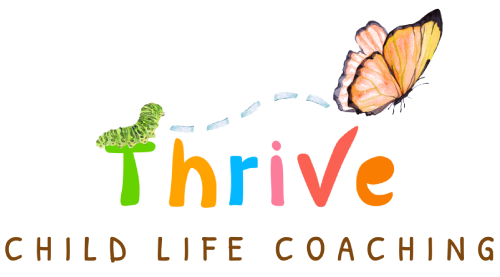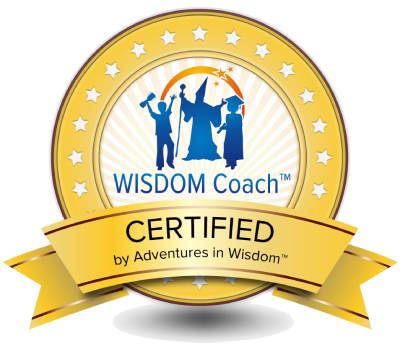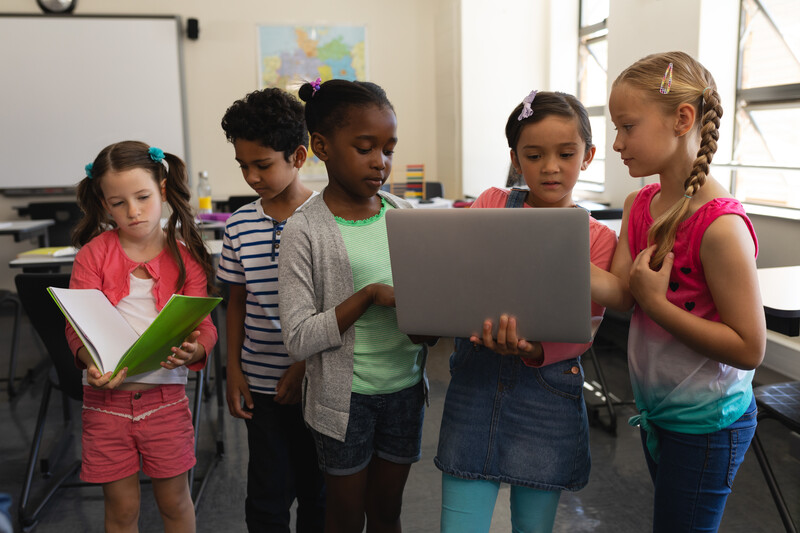What is Life Coaching for Kids?
Life coaching for kids is about mindset development! Kids learn how to use the power of their thoughts and the power of their mind to create happiness, confidence, self-esteem, resilience, self-leadership, achievement, and so much more.
Why didn’t I learn this as a kid?
Personal development training and the life coaching profession have traditionally focused on grownups; however, the core thoughts and beliefs that shape who we are and what we think is possible for our life is formed when we’re very young.
Why is Life Coaching for Kids so Important?
When faced with challenges or disappointments, most kids don’t have the tools to handle them. As a result, they often get down on themselves or give up on themselves—developing belief systems that can hold them back for the rest of their lives. This crushes self-esteem and it crushes self-confidence.
How Can Life Coaching for Kids Help Children?
- Coaching helps kids build resilience skills
- Coaching helps kids develop self-esteem from the “inside out”
- Coaching helps kids learn to believe in themselves and build self-confidence
- Coaching helps kids develop their own “inner compass”
- Coaching helps kids learn to live life with intention versus drifting through life without direction
How is Life Coaching for Kids Different from Parenting?
People often confuse “life coaching for kids” and parenting, so this is a frequently asked question! Life coaching for kids goes beyond the traditional parenting roles of moral and character development, and it goes beyond learning how to treat others and learning how to behave. In fact, what kids learn in our program, most adults haven’t learned!
Why Do Parents Hire a Life Coach for Their Children?
Some of the most common reasons parents hire a life coach for kids include:
- They might see a shift in their child’s confidence or self-esteem. They know that something is different, but they don’t know how to help, and their child is dimming before their eyes.
- They want to help their child be more successful in school or extracurricular activities – the child might have a big goal such as making the All-Star team, winning a competition, or improving their grades.
- There might be struggles at home around homework, chores, and other responsibilities and they want to support their child in developing self-responsibility and self-leadership skills.
- They see their child being influenced by peers or making poor choices and they want to support their children in learning how to stand up for themselves, make good decisions, and stay true to their values.
- Their child is going through a big change, such as a move, a new school start, or divorcing parents, and they want to help their child navigate the change successfully.
How is Life Coaching for Kids Different from Counseling?
Another frequently asked question is, “How is life coaching different from counseling?”
Although life coaching and counseling may have similarities, such as asking the important questions, listening, and finding patterns in people’s lives, they are not the same thing.
Counseling is designed to help those with more serious issues lead a more normal, productive life or to get back on track. These types of issues might include anxiety, depression, OCDs, moving past neglect/abuse, or going through a personal crisis at home (such as an illness or divorce).
Why are Coaching Stories the Most Effective Way to Bring Life Coaching to Kids?
Since 2012, Adventures in Wisdom® has worked with kids all over the world – and we have seen time and again that Coaching Stories are the #1 most effective way to make lasting change with kids.
1) And the number 1 reason is proven brain science! As humans, when we hear facts, only the intellectual region of our brain that turns words into meaning is engaged. However, when we hear a story, it activates the emotional region and physiological region of the brain in addition to the intellectual region of the brain. This creates an experience. Because more of a child’s brain is involved in the experience, stronger memories are created around both the story and the lessons from the story.
2) Second, coaching stories are a great tool for starting important conversations with children. Stories help children get in touch with thoughts and feelings without putting them on the spot or embarrassing them. Stories give children a chance to experience the skill through the situation that the characters are facing and that opens the door for them to apply it to their own lives with your guidance as their coach.
3) Third, you can reference the characters and the situations in the stories at any time during your coaching – even topics you’ve covered before. For example, the coaching story that teaches children about having an “I can do it mindset” is called, “Canville and Cantville – A Tale of Two Towns.” If you are working with a child and he is getting down on himself – thinking he can’t do something – you can ask him the questions, “What would this look like if you were living in Canville?” That question takes him back to the story and remembering how he can approach the situation more powerfully using the skills you have helped him develop.
4) Fourth, stories are a non-threatening way to help children learn how to navigate life. Most children don’t like to talk about feeling nervous or being afraid, but they do like talking about grungies and dragons – these terms from our curriculum that give children a safe way to talk about what they are thinking and feeling.
5) Fifth, stories are great for refreshers. Children are learning a new skill and it will take practice. Hearing the stories over and over will help you refresh the topic without being lecture-y or boring! We call it “learning without lecture” or “teaching without preaching”.
6) And finally, stories are fun! They add a lot of connection and engagement to your coaching, and they deliver results very quickly.




